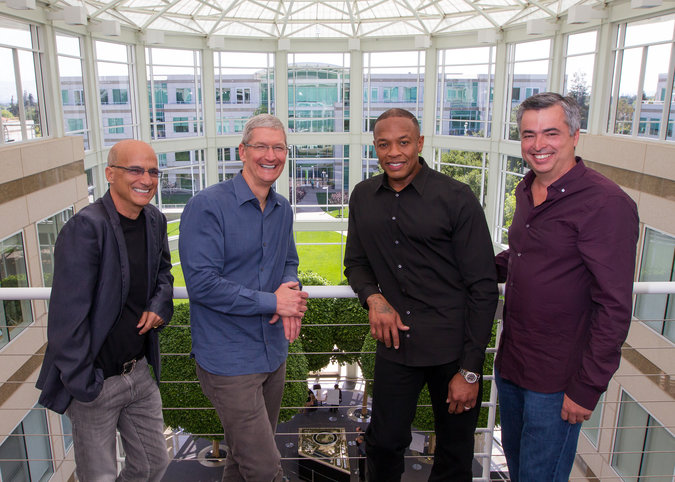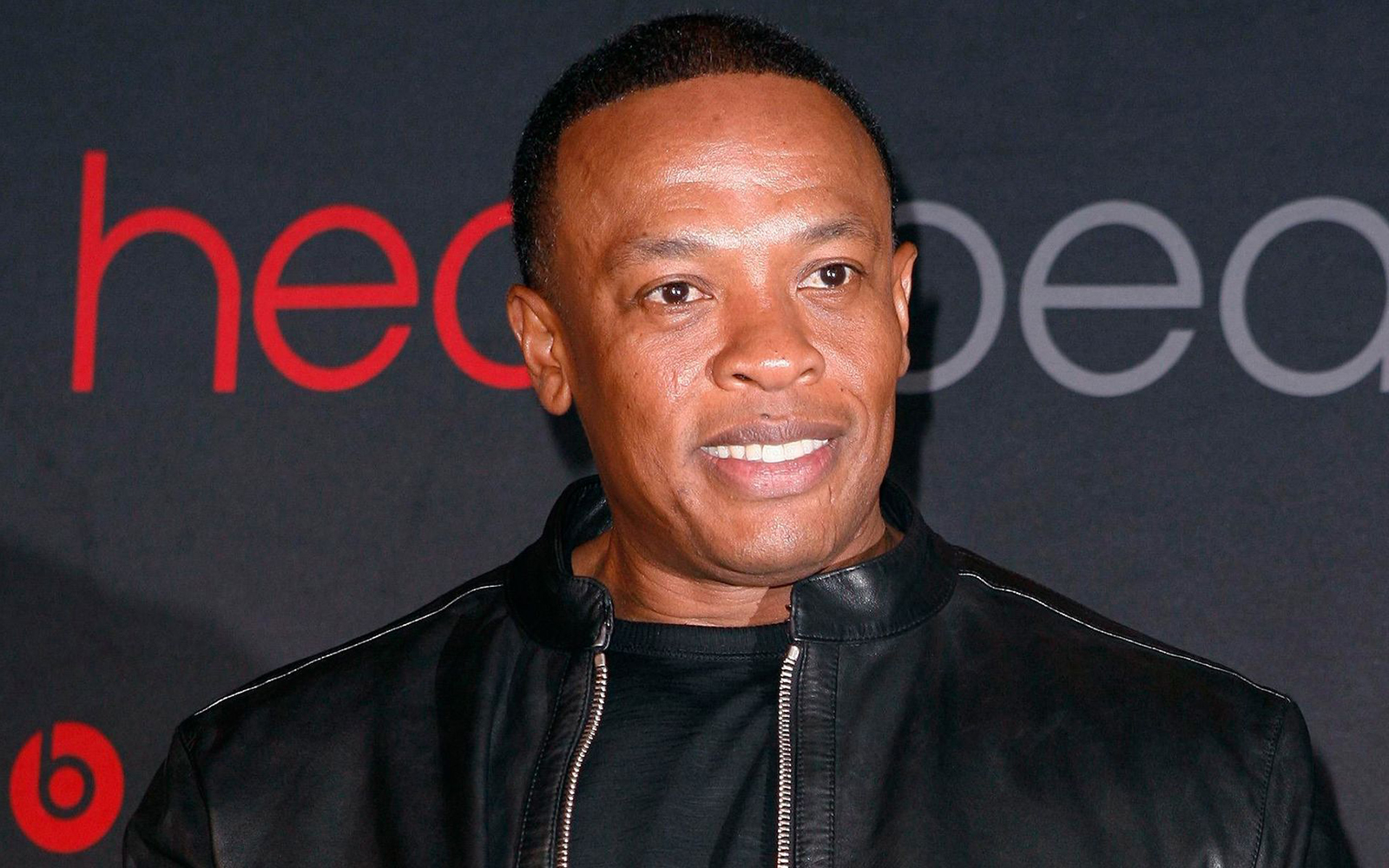
Apple, the company that turned digital music into a mainstream phenomenon, said on Wednesday that it was buying Beats Electronics, the rising music brand, for $3 billion, in a move that will help it play catch-up with rivals that offer subscription-based music services.
Apple and Beats executives on Wednesday said that the companies would work together to give consumers worldwide more options to listen to music. The Beats brand will remain separate from Apple’s, and Apple will offer both Beats’s streaming music service and premium headphones.
Apple said that iTunes, which sells individual songs and albums and offers a streaming radio service, would continue to be offered alongside the Beats music service.

In an interview here at Apple’s headquarters, Timothy D. Cook, Apple’s chief executive, repeatedly emphasized the talent that Dr. Dre and Mr. Iovine would bring to Apple. He also praised the Beats music service, which has people create playlists for people to listen to.
“These guys are really unique,” Mr. Cook said. “It’s like finding the precise grain of sand on the beach. They’re rare and very hard to find.”
Apple is paying for the deal with $2.6 billion in cash — hardly a dent in the company’s huge cash pile — and $400 million in stock. The company expects the deal to be approved later this year.
For Apple, the acquisition of Beats, expected for weeks, largely follows a familiar pattern. Apple has historically bought technology outfits that have resources and talent that it can blend into future devices and online services. Beats, which offers headphones and a fledgling music service, fits that criteria.
But the Beats deal is also different from the others. Until now, Apple, the richest tech company in the world, has avoided billion-dollar takeovers in favor of smaller deals. The Beats deal is its largest ever.
Apple declined to disclose plans for products it will make with Beats, so it will take time to see how the acquisition materializes. In the meantime, it will raise questions about why Apple, the pioneer of digital music, is buying a music company instead of expanding its in-house products.
The growth of Apple’s iTunes Store is being stifled by companies like Spotify and Pandora, which allow people to stream music freely with ads or with a paid subscription.
“Apple was at the front of that curve, and if that’s the reason for the acquisition it would lend credence to the view that maybe they’re not ahead of the curve anymore,” said Maynard Um, a financial analyst for Wells Fargo.
Mr. Cook called the deal a “no-brainer.” He said that Apple had bought 27 companies since last year, but that did not mean Apple had to buy those companies.
“Could Eddy’s team have built a subscription service? Of course,” he said. “We could’ve built those 27 other things ourselves, too. You don’t build everything yourself. It’s not one thing that excites us here. It’s the people. It’s the service.”

Mr. Jobs offered the record companies a legitimate online music outlet, the iTunes Store, to sell their music. But he wanted to make one big change: Customers would have to be allowed to buy any music they want à la carte, or one song at a time. The record companies initially resisted, but Mr. Jobs eventually persuaded them to come on board. The iTunes Store opened in 2003.
Read the full report at The New York Times







